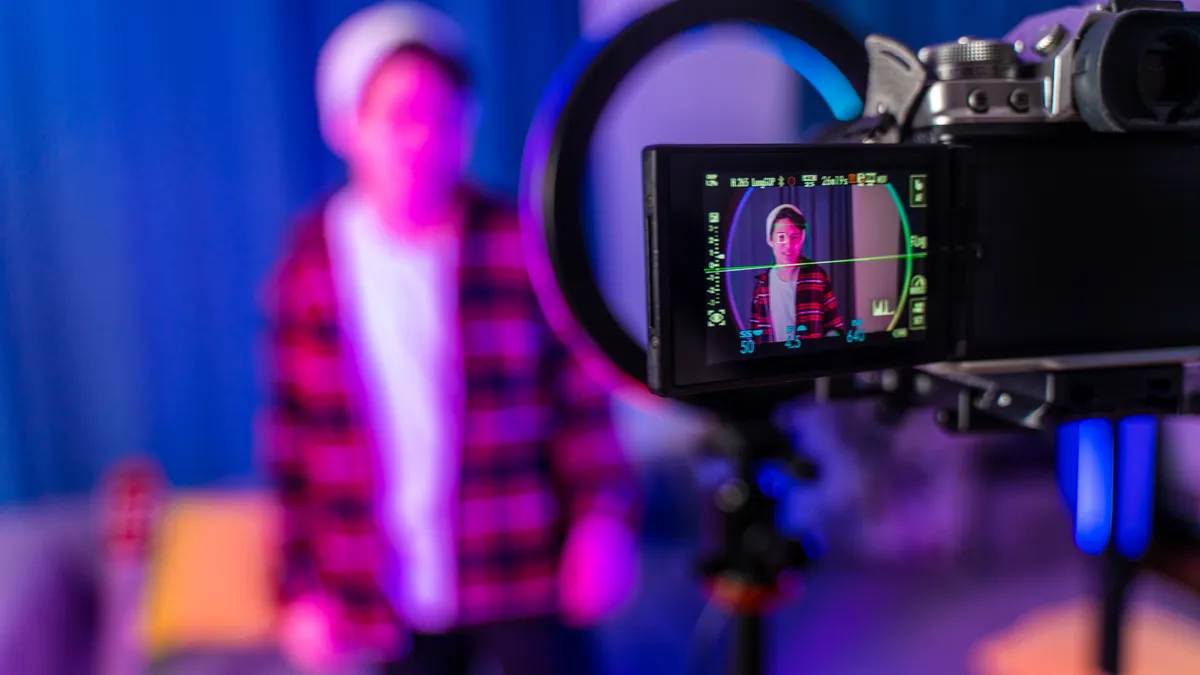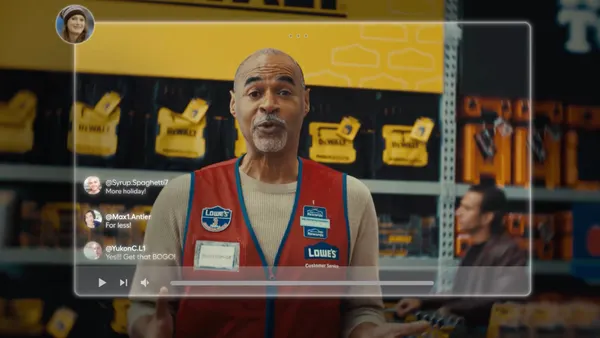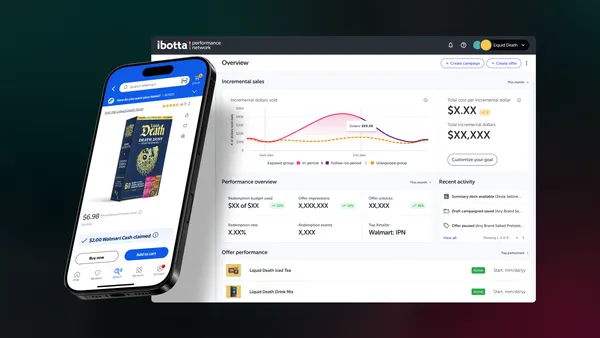Dive Brief:
- Influencer marketing continues to show signs of strength, with 81% of consumers reporting that social media posts from influencers, friends or family members drove interest in an item or service within the past year, according to findings from agency Matter Communications.
- Of influencer marketing categories, food and beverage saw the most success in terms of interest and the potential to drive action. Behind it was health and wellness and beauty and personal care, with the latter replacing technology, which held the slot in 2020.
- When asked which platform hosts the most authentic influencer marketing content, 36% of consumers placed YouTube at the top of the list. Steady interest for influencer marketing follows continued buy-in by brands and increased creator resources by social media platforms.
Dive Insight:
As consumer interest in authentic content endures, influencer marketing maintains its status as a powerful advertising tool. According to Matter findings, 69% of consumers trust influencers, friends and family over information coming directly from a brand. Accordingly, Insider Intelligence forecasts that advertiser spend on influencers will top $6 billion in 2023.
As the sector matures, consumers are increasingly looking to influencers as an educational resource, the study detailed. Those surveyed indicated preferences for certain types of content, with how-to content like recipes and tutorials being most preferred (42%), followed by stories with digestible bits of information (35%) and photo or image-based posts with information in the caption (33%).
Consumers also continue to seek out influencers who spark a sense of familiarity, a desire mirrored beyond Matter’s findings, which included the responses of over 1,000 U.S. consumers. Sixty-one percent of those surveyed find relatable personalities most appealing, followed by expert personalities (43%), just-for-fun personalities (32%) and aspirational personalities (28%). Perhaps as a result, preference for celebrity influencers is at a mere 11%, down from 17-22% who said the same in Matter’s 2020 report.
Though influencer marketing continues to have sway, consumer skepticism may be increasing. Sixty-three percent of respondents said they noticed an increase in sponsored content from influencers on social media in the past year, up from 53% in 2020, per the report. As brand deals increase, questions regarding whether or not influencers are being genuine in their recommendations are becoming more commonplace.
In a recent example, popular TikTok beauty influencer Mikayla Nogueira came under fire for boasting the effects of a L'Oréal mascara, though many accused the creator of wearing false lashes to enhance the results, which she repeatedly denied. As a result of such instances, the trend of “de-influencing,” or encouraging social media users to not buy a product, has become increasingly popular. To help curb the negativity, Mandy Mladenoff, president of Matter, says it’s more important than ever for brands to focus on the positive.
“Given the rise of de-influencing, especially on TikTok among Gen Z and Millennial audiences, brands need to have a bulletproof proactive and reactive strategy in place,” Mladenoff wrote in emailed comments to Marketing Dive. “By sharing credible, authentic content that highlights positive messages and experiences around their products and services, brands can balance out undesirable opinions from disgruntled or unhappy influencers.”
Whether creators are influencing or de-influencing, social media platforms have been working overtime to bolster their creator offerings. YouTube — which has the highest consumer sentiment, per the report — recently launched a new process for monetizing its TikTok lookalike, Shorts, that allows revenue from ads displayed between Shorts clips to be shared among eligible creators. Meta’s Instagram continues to prioritize its Reels video format, and TikTok is looking to revamp its creator fund and launch paywalled videos, which would allow creators to charge money to access a video.















